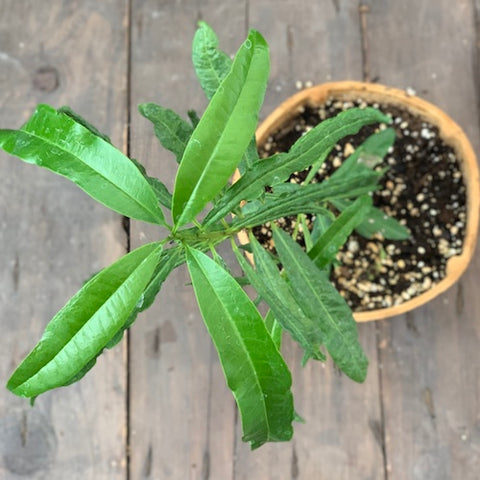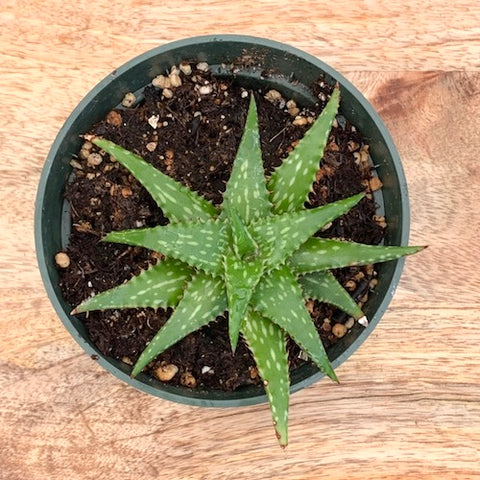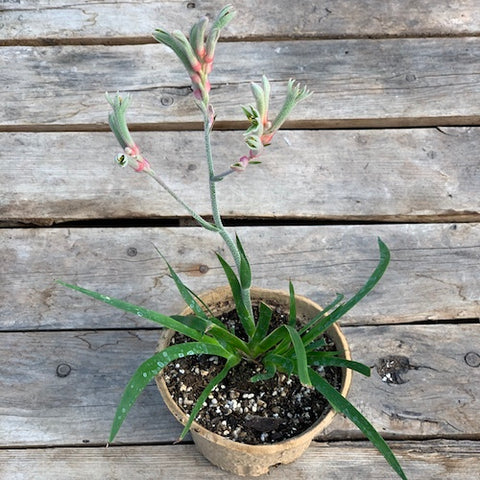Tropical Pitcher Plants - Live Plant
This variant is currently sold out
The best things about these plant are... they feed on flies and look really cool!
We have three varieties of tropical pitcher plants available for our Wednesday, December 2 plant release. Choose your variety (or varieties) from the drop-down menu. Link goes live at 10 am CT. No purchasing limits for this week. Please note that our Member Double Discount does not apply to Wednesday plant releases.
Details: Tropical pitcher plants are among the best carnivorous houseplants as they do not require a period of dormancy through winter and appreciate comfortable indoor temperatures (many other carnivorous plants prefer a cool period of dormancy through winter). We have also found tropical pitcher plants tolerate regular municipal water much better than other types of carnivorous plants (although it is still recommended to use dechlorinated or distilled water).
Tropical pitcher plants are ideal in hanging containers or in pots that allow the leaves and pitchers to dangle. Tropical pitcher plants catch fruit flies, fungus gnats and other small insects by luring them into their pitchers where they become trapped and then digested!
The three varieties we have available this week are:
Nepenthes alata, which are in 4.5" pots and quite large as we have been growing these for some time. N. alata has green foliage with green-red pitchers and is considered to be among the most grower-friendly of the carnivorous plants. The pitchers on this variety can become quite large as your plant matures!
Nepenthes lowii x ventricosa, which develops truly stunning vivid-red pitchers as the plant matures. This hybrid has the unique qualities of both the remarkable pitchers of the N. lowii and the more easy-care qualities of the N. ventricosa. Rare and sought after. These are in 3.5" pots.
Nepenthes Rebecca Soper, which has red foliage and deep wine-red pitchers... very unique among Nepenthes selections. These are in 3.5" pots.
Order Info: Order online for local pick-up. No shipping.
Care for tropical pitcher plants includes growing them in a bright diffuse light location (in summer you may need to provide 50% shade), keeping the moss or carnivorous plant soil medium wet, and ensuring the pitchers and leaves don't dry out excessively (mist; water in the tub so you can get water all over the plant). Carnivorous plants normally get their nutrients from digesting insects but may require dilute organic plant food over winter when bugs may be sparse. It is not recommended to force-feed insects to carnivorous plants.














